By Al-Jazeera Report
British Prime Minister Liz Truss has announced she will stand down as leader of the Conservative Party after her policies triggered economic turmoil and sharply divided the party.
Speaking outside her Downing Street office on Thursday, Truss said she could not deliver the promises she made when she was running for Conservative leader, having lost the faith of her party.
“I have, therefore, spoken to His Majesty the King to notify him that I am resigning as leader of the Conservative Party,” she said in a hastily arranged statement.
Truss, who has been prime minister for just 45 days, said she will remain as prime minister and party leader until a successor is chosen.
The leadership contest should be concluded by Oct. 28, Graham Brady, the chair of the Conservative Party’s 1922 Committee said.
Candidates would require the support of at least 100 Conservative MPs in order to enter the race to replace Truss.
Nominations will close on Monday and after a vote by Tory MPs, party members will decide the winner in an accelerated online vote, party managers said.
“The Tories cannot respond to their latest shambles by yet again simply clicking their fingers and shuffling the people at the top without the consent of the British people.
“We need a general election – now,” opposition leader, Sir Keir Starmer, said in a statement.
The Conservative Party “has shown it no longer has the mandate to govern,” he added.
“After 12 years of Tory failure, the British people deserve so much better than this revolving door of chaos.”
On Wednesday, Truss had pledged to stay in power, saying she was “a fighter and not a quitter”.
But she could not hold on after a senior minister quit her government with a barrage of criticism and a vote in the House of Commons descended into chaos and acrimony just days after she was forced to abandon many of her economic policies.
A growing number of lawmakers had called for Truss to resign after weeks of turmoil sparked by her economic plan.
When it was unveiled by the government last month, the “mini-budget” triggered financial turmoil and a political crisis that has seen the replacement of Truss’ chancellor, several policy U-turns and a breakdown of discipline in the governing Conservative Party.
With Conservatives holding a large parliamentary majority, an opposition call for a fracking ban was easily defeated.
But there were displays of anger in the House of Commons, with party whips accused of using heavy-handed tactics to secure votes.
Rumours swirled that Conservative Chief Whip, Wendy Morton, who is responsible for party discipline and her deputy had resigned.
Hours later, Truss’s office said both remained in their jobs.
Al Jazeera’s Charlie Angela, reported that the resignation announcement came “after a very chaotic 24 hours that really brought everything to a head”.
Interior Minister, Suella Braverman, resigned amid rumours that she had actually been sacked.
There was voting chaos in parliament with Conservative members being shoved and pushed into the voting lobby – allegations of bullying, a chief whip that resigned then un-resigned after being begged to stay by the prime minister.
With opinion polls giving the Labour Party a large and growing lead, the Conservative Party decided its only hope of avoiding electoral oblivion was to replace Truss.
But they remain divided over who exactly should do that.
The party is eager to avoid another divisive leadership contest like the race a few months ago that saw Truss defeat ex-Chancellor Rishi Sunak.
Among potential replacements are Sunak and House of Commons leader, Penny Mordaunt.
Boris Johnson, who resigned as prime minister earlier this year, was expected to stand in the leadership contest, the Times reported.
The newly appointed Chancellor, Jeremy Hunt, will not stand in the contest, according to UK media reports.
Whoever it is will be the country’s third prime minister this year. A national election does not have to be held until 2024.

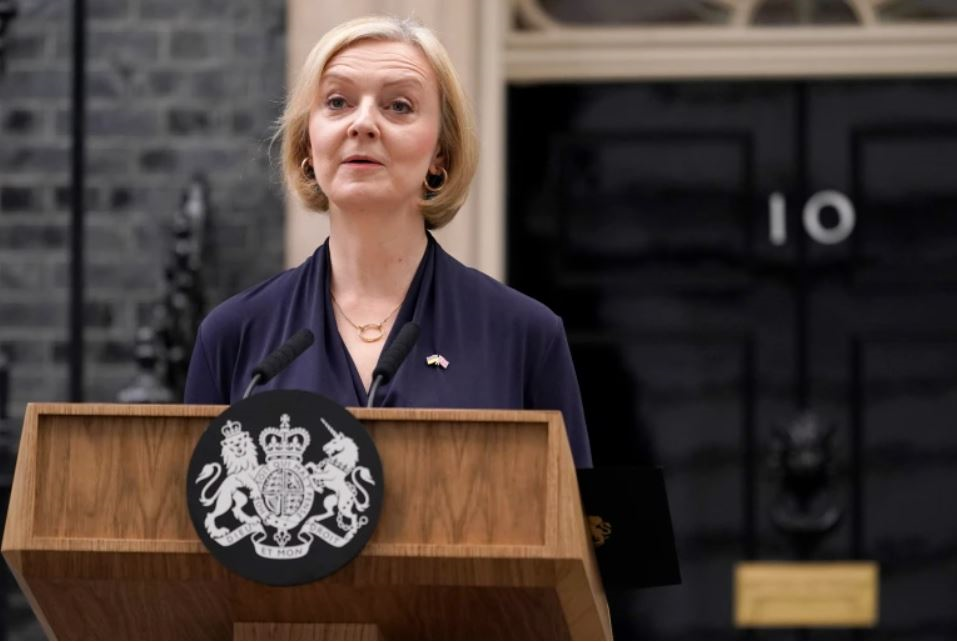
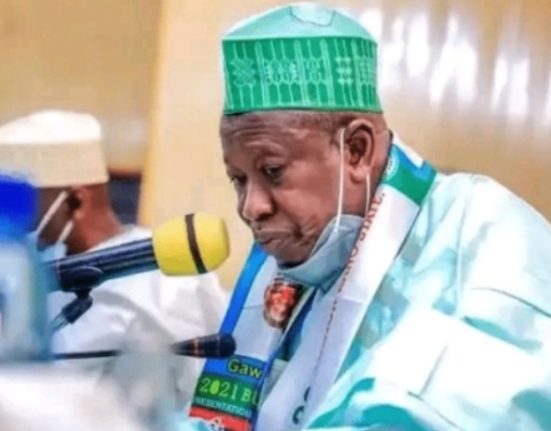
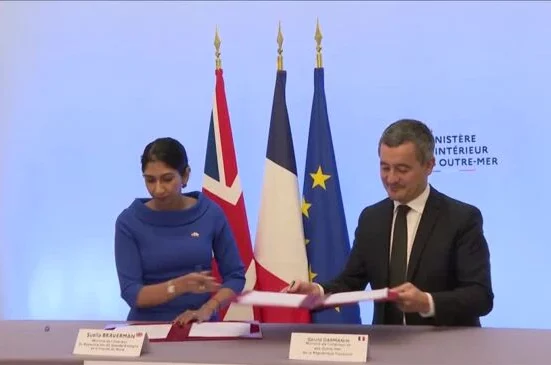
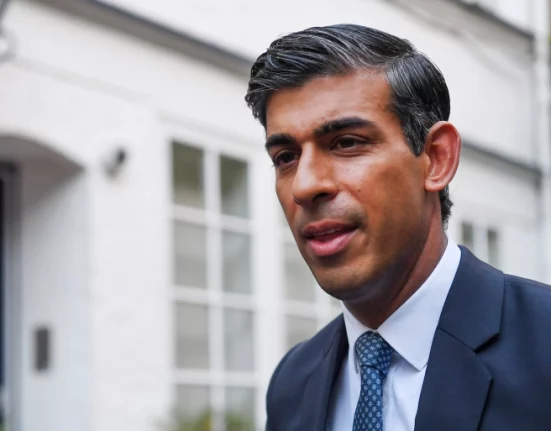
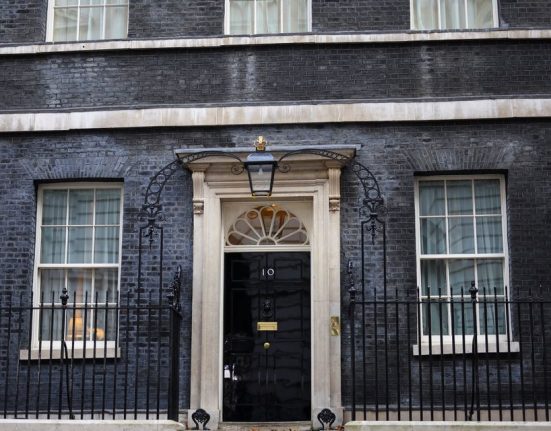
1 Comment